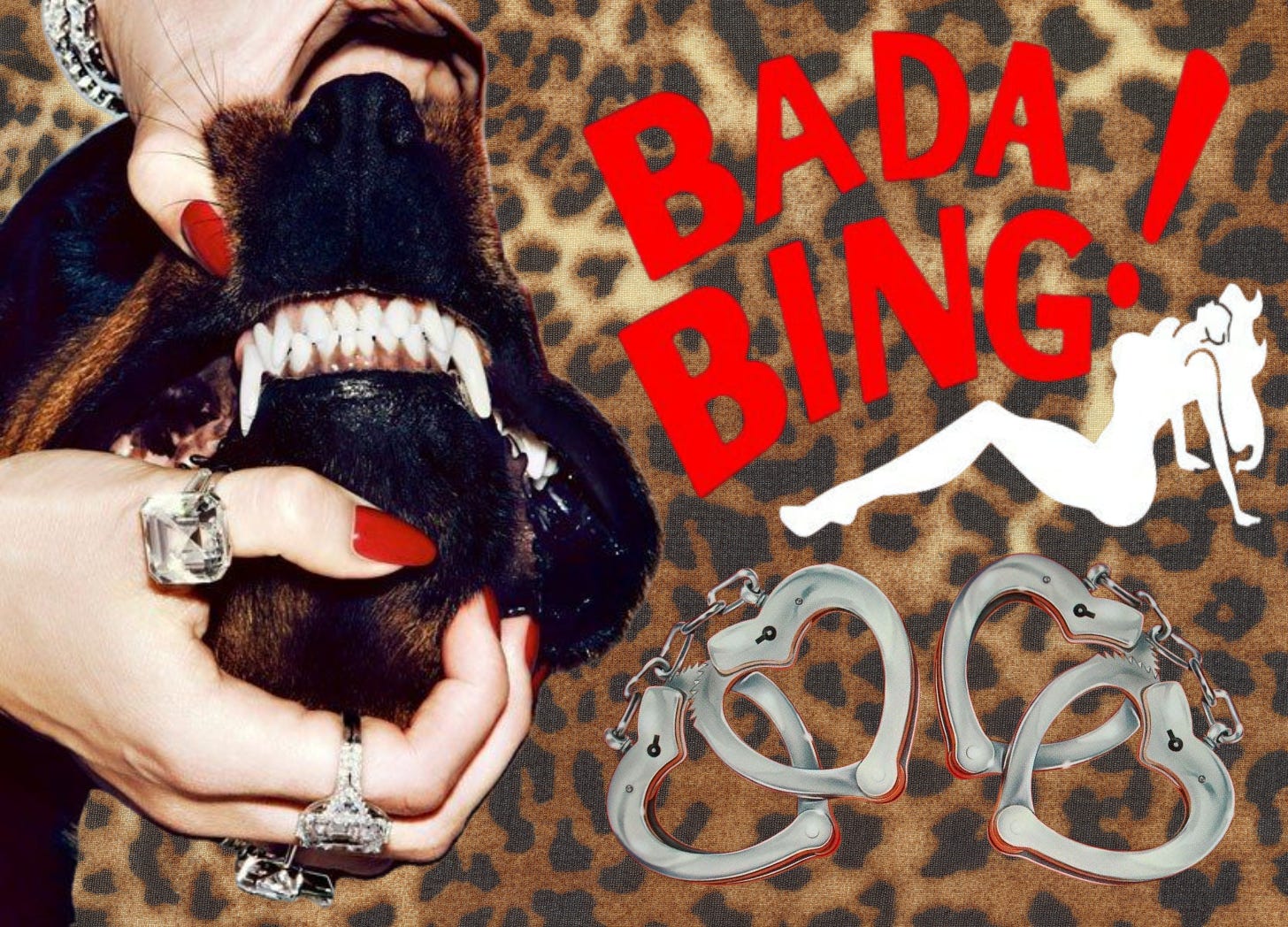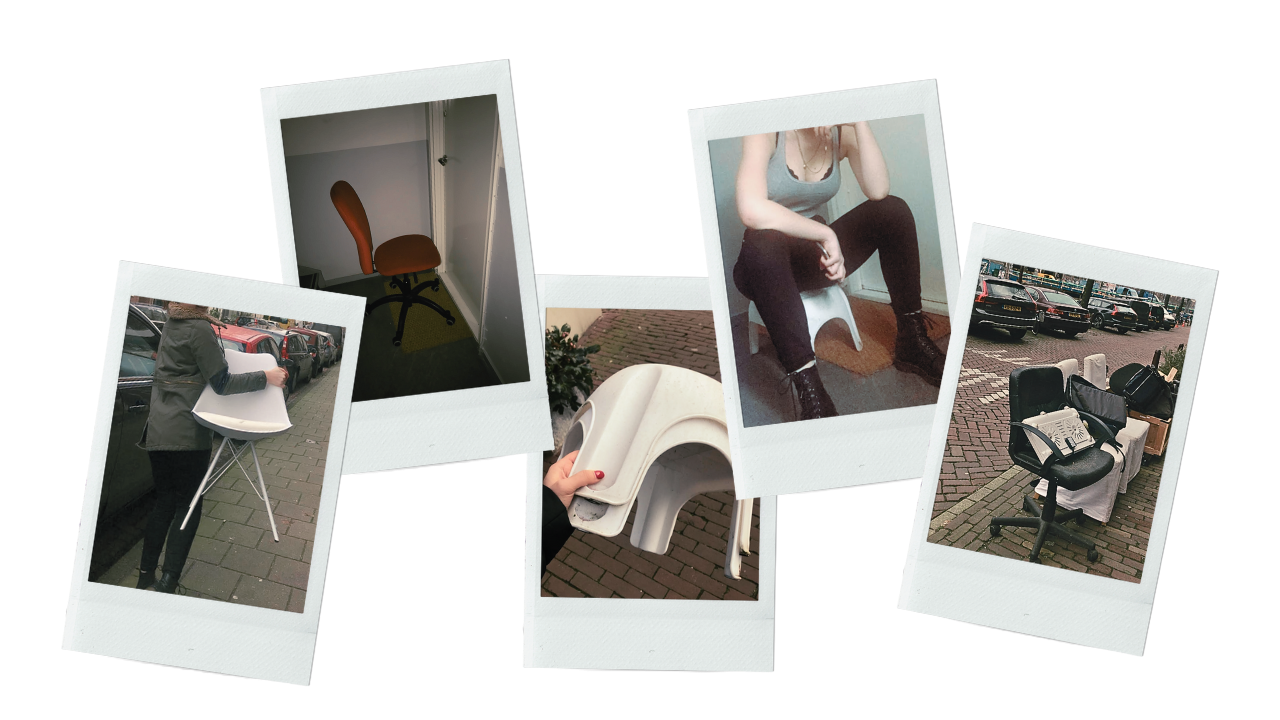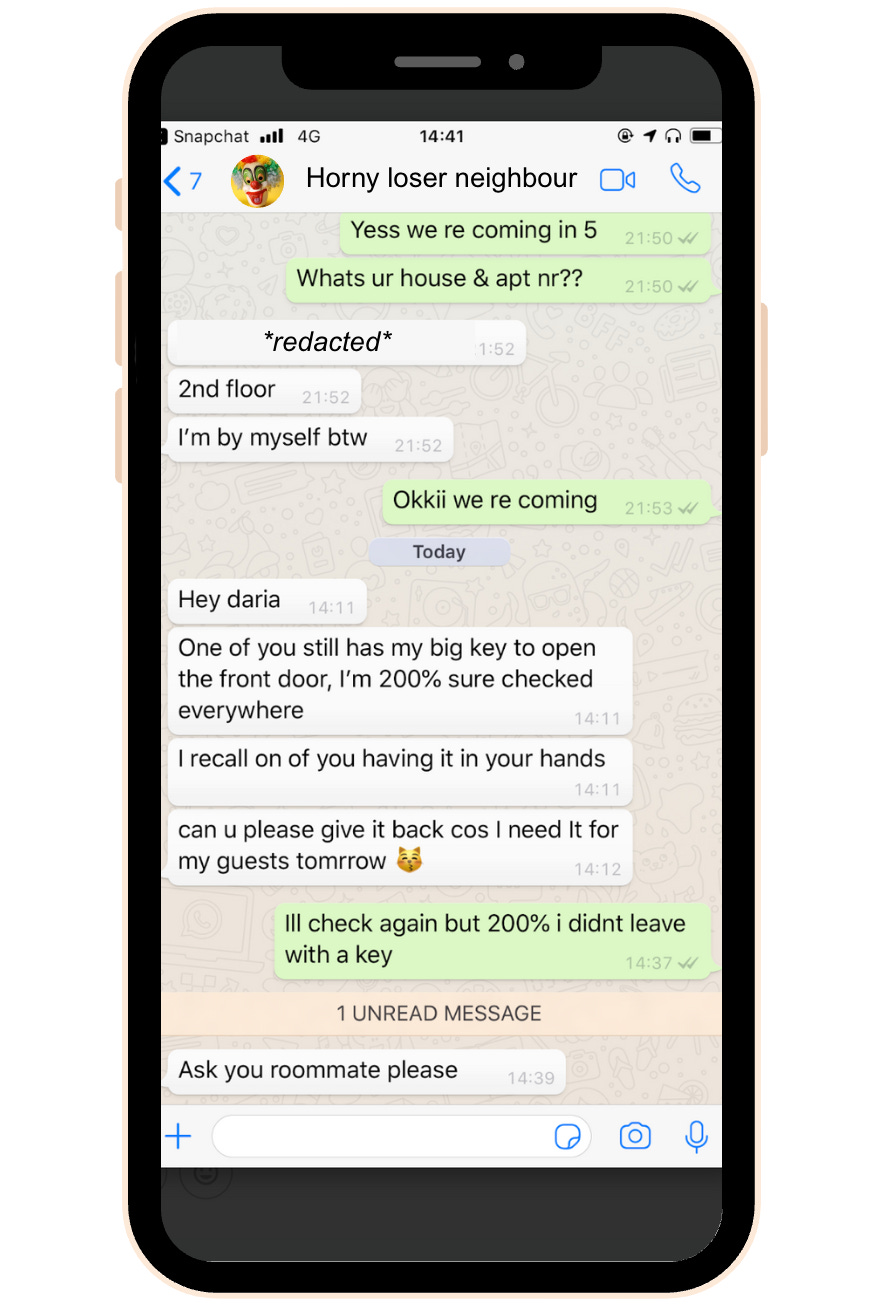I miss the rage of my early 20s
Oh to be free, wild, and uninhibited again.
We’ve been told there’s a time and place for everything. But twenty-six is a funny age—an odd in-between life stage where people’s paths start to diverge so wildly.
Some are pursuing their PhDs; others are happily married. In that sense, there’s still a societal acceptance for ambiguity, allowing for some wiggle room in decision-making.
You can have fun and make mistakes—but not too much or too many. Otherwise, you’ll get tsk-tsk-tsked and side-eyed by people thinking, “Shouldn’t she know better?” And the thing is, by this time, you kind of do, so you’re expected to act like it.
But you know what I really miss? The rogueness of my early 20s—and how recklessness was just expected at that age.
Last night I charged my iPhone 7 for the first time in months—the phone I had during university—and spent hours scrolling through my camera roll, a portal into a life once lived.
Looking back, nothing I did seemed to make any sense. I was driven by fun and a sense of curiosity. I said “yes” to whatever felt right at the time, letting my whims guide my decision-making.
Perhaps the fact that I was in university (i.e., doing the thing that was expected of me at that age) gave me the inner permission to let loose in other areas of my life—bullying my shitty neighbours in Amsterdam being one of them.
Here’s one example: My flatmate and I, fed up with our upstairs neighbour’s incessant stomping, decided to play a months-long prank on her.
Our self-appointed Jumping Jacks Queen was an American woman who’d moved in a few months earlier and, as far as we could tell, was still adjusting to life in Amsterdam.
To throw her off—whether it was by making her question her sanity or Dutch customs—we’d collect abandoned chairs we’d find left around the city on trash days and ominously place them in front of her door.
Then we’d wait, ears perked, for her reaction.
It sounds innocent—and it was. But after months of harassing her with unwanted chairs, she grew increasingly exasperated.
It went from her assuming the chairs were a welcome gift to overhearing her phone calling her friends to try and decode their meaning.
The cherry on top? When her cleaner came and assumed the chair was hers, unknowingly taking it into the apartment. We figured that out when we heard her yelp of horror: “How the HELL did this get in here?!”
We then swiftly moved on to our next bully-worthy target—another insufferable neighbour. He was a rich kid whose father was a renowned lawyer, so he was used to having access to everything and anything he wanted. Of course, that included women. Whenever he passed by me and my flatmate, he’d make suggestive comments and jokes about taking us to bed.
Fed up, we decided to take him for a spin on our bully mobile—and he gave us the perfect opportunity to do so when he invited us over for drinks one weekend, making it clear his flatmate was gone and there was “lots of alcohol ;-)”.
Ah, what a glorious time to strike.
We went over and got straight into mocking his obnoxious art while we sipped his most expensive champagne.
A couple of glasses in, he yanked my ponytail.
When I asked him what on Earth could possibly compel him to be that moronic, he said he wanted to show us how much of an “alpha dominant male” he was. That’s when we upgraded him to our premium bullying services.
When he wasn’t looking, and with a sleight of hand, my flatmate stole his house key and tucked it neatly into her underwear. Then we left—and I have this glorious screenshot of memorabilia to show for it.
Now I’m not saying what we did was right, but I know for a fact that we weren’t 200% in the wrong.
I actually don’t remember what happened to that key in the end. But I do recall us tying it to the balcony railing at some point—partly as a symbol of justice, partly in hopes that our pathetic neighbor would spot it so we could later hide it again and gaslight him into thinking he was hallucinating.
Back then, I simply lived in the moment, doing things for the shits and giggles—no fear of consequences (or a criminal record, clearly.) But everything’s different now.
The time pressure of my late twenties—and the looming 30s, when I’m supposed to magically have it all figured out—makes every move feel like it needs to be strategic and purposeful.
I’m always thinking ahead, planning out next steps, the next big thing, and what I have to do to get there—be that in my love life, career, or even how each of my travel experience have to outdo the last.
All of this to make sure I stay aligned with the life phase I’m “supposed” to be entering.
I can no longer just be or do things for the sake of doing them. I need to preemptively justify them, framing every decision as a strategic step toward some future idealized version of myself.
Am I doing this right? Is this really what your late 20s are about—making deliberate choices to keep moving forward, upward, toward some predefined version of success? And if that’s the case, why does it still feel so wrong at times? Am I just whining about being a responsible adult—or is there actually something amiss here?
Part of me wants to live like I did in my early 20s again—throw shit at the wall and see what sticks. But I can’t seem to make moves without a reason anymore. Every decision has to be a means to an end. And that makes it hard to enjoy the present, because I’m constantly evaluating how each moment serves an overarching goal.
Ironically, the more intentional I try to be, the more misaligned I feel.
The funny thing is, all those poor, unplanned decisions—questionable as they were—still brought me here. And while I’m not exactly where I thought I’d be, I wouldn’t say I’m completely off track.
Sometimes I wonder if we should approach life the way we’re told to approach love—letting the best things find us when we least expect them.
Perhaps the right choices reveal themselves when we stop chasing them and start tuning into how we feel, letting our intuition guide us at times instead of relying entirely on our intellect.
And you know what my intuition’s telling me right now? That it’s time to blow the dust off my bullying skills and put them to good use—by bullying myself back into a version that wasn’t so obsessed with being a goody two-shoes.






